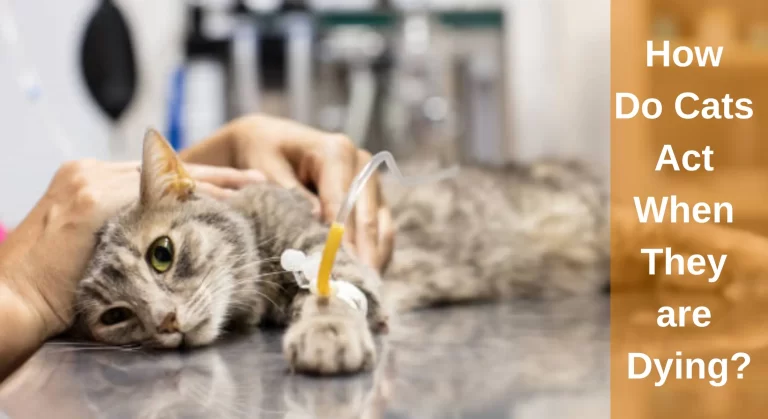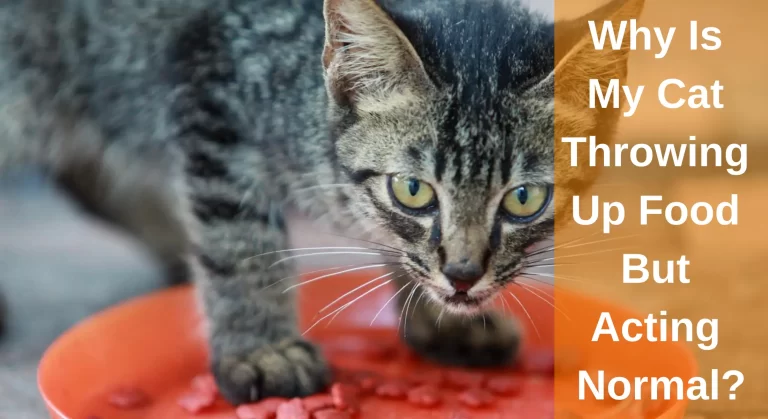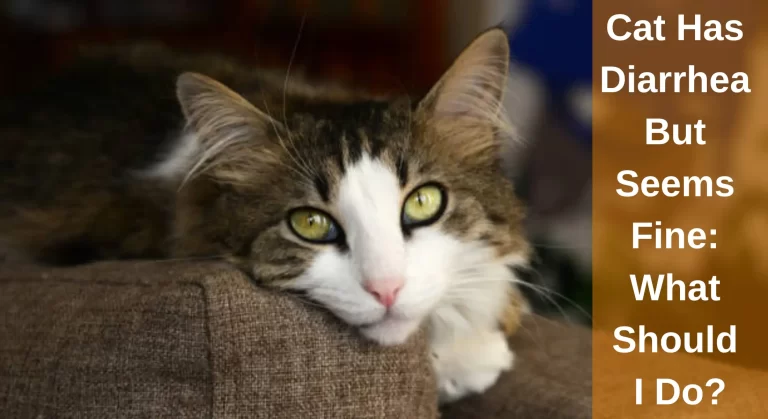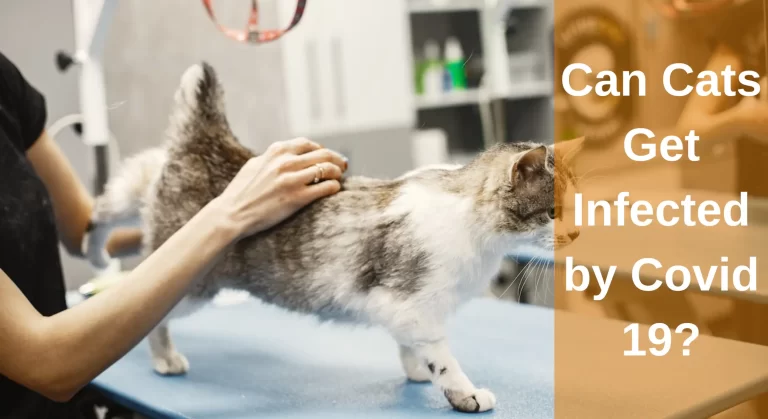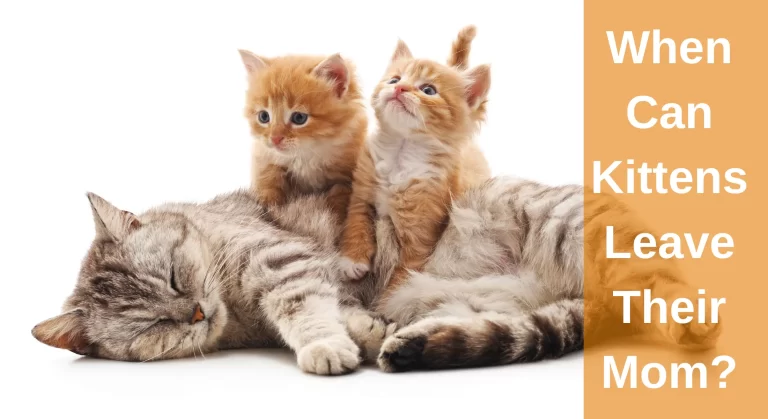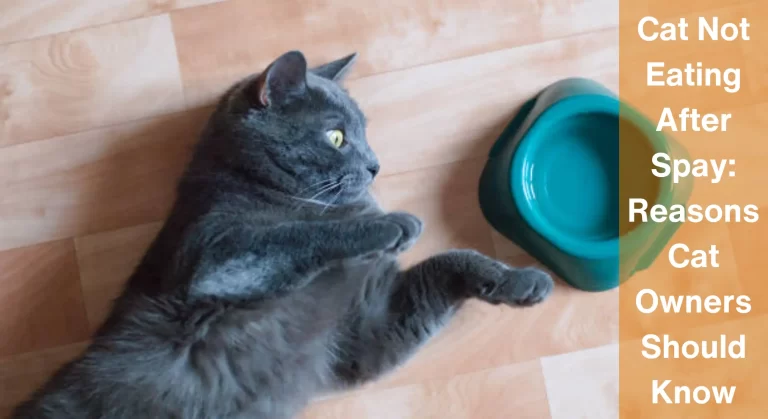My Cat Ate a Feather: What Happens When a Cat Devours a Feather
Since felines are intrigued by their prey, you have seen them playing with feathers. Cats were given feathers so they could hunt. Although you’ve not observed an indoor cat attacking a bird, still, cats are fascinated by the graceful beauty of their feathers. Moreover, most cat nibble feathers while playing with them and you may become anxious about whether it’s safe for a cat ate a feather.
If your cat has eaten a feather, closely monitor their behavior for any signs of discomfort or distress such as vomiting, gagging, or changes in appetite. While small amounts of feathers may pass through the digestive system, larger quantities can cause complications. Feathers are not easily digestible and can potentially cause gastrointestinal issues or pose a choking hazard. Additionally, it’s important to be aware that some birds may carry infections that can be transmitted to cats.
You should check on your feline right away to make sure everything is all right and the feather consumption didn’t lead to any difficulties.
But are you curious to know why felines like and chew feathers? Will they get sick from eating it? what will happen if they nibble it? To know the answers to all these queries continue reading this informative article!
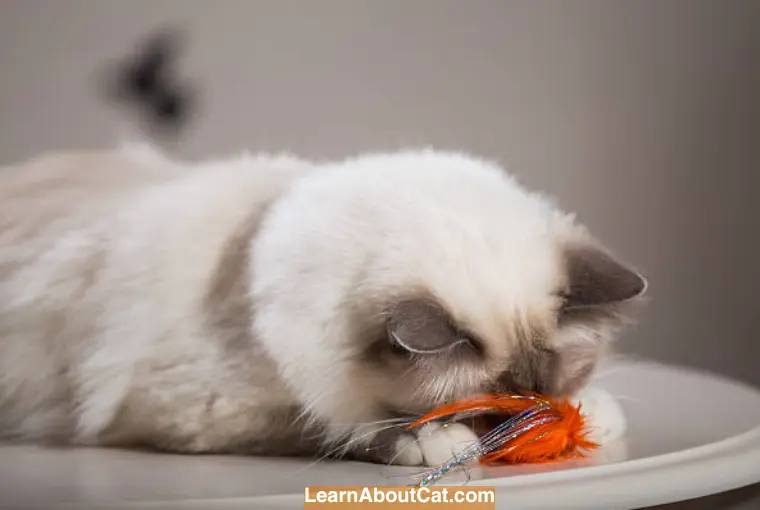
Can Cats Digest Feathers?
No, felines can’t digest feathers due to the B-keratin which is a protein that is used to make feathers. The same kind of protein that makes up a bird’s nose and nails is also difficult to digest and is not easily broken down by the digestive enzymes in a cat’s stomach.
While ingesting feathers from their prey, stray and feral felines have an innate defense mechanism whereby they will puke the feathers immediately.
Small amounts of feathers may pass through the digestive system without causing harm, larger quantities can pose risks.
If your feline has consumed a feather, you must continue to look out for any vomiting to confirm that your feline did not consume the feather and reduce the likelihood of digestive issues. Felines tend to puke feathers when it isn’t digested or discharged out of the stomach.
Check Out: Cat Ate Oxygen Absorber: The Dangers of Iron Oxygen Absorbers for Cats
What Happens If a Cat Ate a Feather?
When a cat ingests a feather, it travels down the esophagus and into the stomach. The feathers may become partially broken down by stomach acid, but the majority of the feather remains intact. In some cases, the feather can pass through the digestive system and be eliminated in the feces.
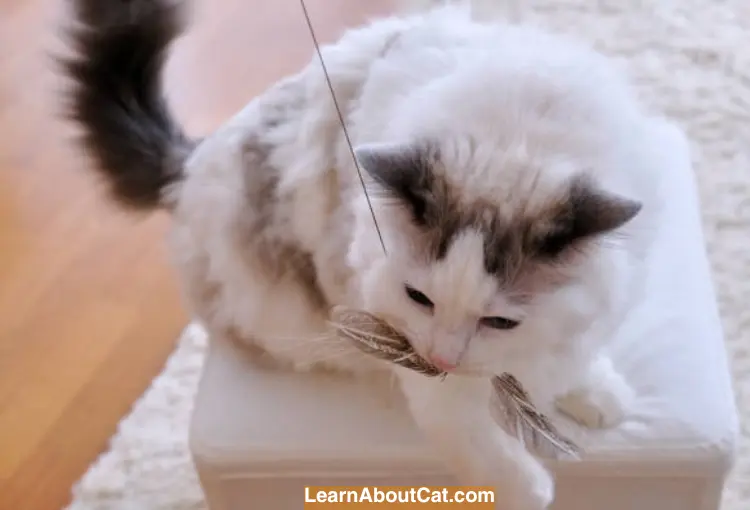
However, there are instances where complications may arise. If a cat consumes a large feather or a significant amount of feathers, it can lead to the formation of hairballs or intestinal blockages. These blockages can cause discomfort, vomiting, and loss of appetite. If your cat exhibits these symptoms after consuming a feather, it is important to seek veterinary attention.
Risks of Cats Eating Feathers
While cats may find feathers intriguing and entertaining, consuming them can pose several risks to their health.
- Potential Digestive Issues: Feathers are not easily digestible for cats. When ingested, feathers can accumulate in the stomach, potentially causing gastrointestinal distress. The sharp quills of feathers can irritate the delicate lining of the digestive tract, leading to discomfort, vomiting, or diarrhea.
- Choking Hazard: Feathers, especially those with long quills, can become lodged in a cat’s throat, presenting a choking hazard. This can be particularly dangerous if the feather gets stuck in the airway, obstructing the cat’s ability to breathe properly.
- Foreign Object Obstruction: In some cases, if a cat swallows a feather whole or in large pieces, it can become lodged in the intestinal tract, causing an obstruction. This is a serious condition that requires immediate veterinary attention.
Also, Check Out: Why Do Cats Like Hair Ties?
Signs and Symptoms of Feather Ingestion
Although swallowing feathers is not recommended for cats, doing so carries a slight danger due to the barb or stem of the feather’s pointed end. Small back feathers that drop from pigeons can be eaten by cats, but these kinds of feathers often do not create any issues. Your felines will face the following issues if they ingested a feather:
- Lethargy: When your cat immediately starts napping or lounging longer than normal after playing with a feathery item, she might have eaten some feathers.
- Reduced appetite: Your feline might quit drinking water or she might stop eating as much. Bring her to the veterinary if this behavior persists for longer than one day.
- Black or bloodied feces: If you see bleeding in your feline’s litter tray, be cautious. This could be a sign of internal injuries, so get her to the veterinarian right now.
- Vomiting: Although puking the feathers is a positive indication, you should seek veterinary assistance if your feline vomits a lot and any bleeding is visible.
- Aggression: Ingesting feathers may induce stomach aches, which may be the reason for more aggressiveness.
Your feline is particularly at risk because of its long tail and its wings feathers, which are huge and sharp instead of soft. A cat may transport a natural feather easily due to its flexibility. While cat toys might not be exact replicas of the real thing. They may have a coating that keeps them rigid or challenging to discharge.
Find Out: Cat Ate a Birth Control Pill What Should I Do?
What to Do If Your Cat Eats a Feather?
If you discover that your cat has eaten a feather, it’s important to take appropriate action to ensure its well-being. While small amounts of feathers may pass through the digestive system without causing harm, larger quantities can pose risks. Here are the steps to follow if your cat eats a feather:
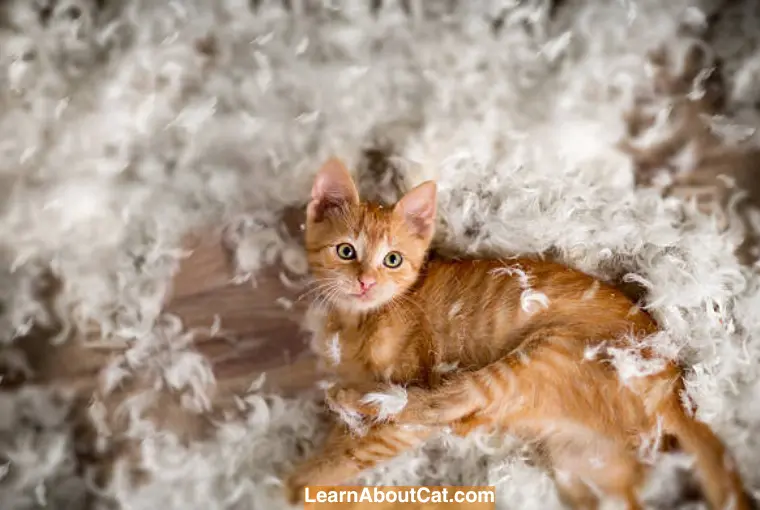
- Monitor Your Cat: Keep a close eye on your cat for any signs of discomfort or unusual behavior. Observe their eating habits, litter box usage, and overall demeanor. If you notice any changes, it’s advisable to proceed to the next steps.
- Observe for Any Complications: Watch for any signs of digestive distress, choking, or obstruction. If your cat shows any abnormal symptoms, it’s important to contact your veterinarian for guidance.
- Assess the Situation: Try to determine the size of the feather your cat ingested and whether it was a single feather or multiple feathers. This information will be helpful when discussing the situation with your veterinarian.
- Contact Your Veterinarian: Reach out to your veterinarian and describe the situation. Provide details about the feather(s) your cat consumed and any observed symptoms or changes in behavior. Your vet will be able to provide guidance based on the specific circumstances.
Also, Read: My Cat Ate Plastic Wrapper: What Should I Do
Veterinary Care and Treatment
Depending on the severity of the situation, they may recommend bringing your cat in for an examination. The veterinarian may perform diagnostic tests, such as X-rays, to determine the location of the feather or any potential obstructions. Treatment options may include supportive care, medication to alleviate symptoms, or, in severe cases, surgical intervention.
Preventing Feather Ingestion in Cats
Prevention is key when it comes to keeping your cat safe from feather-related incidents. Here are some preventive measures you can take:
- Choose feather-free toys designed for feline companions. There are a variety of interactive toys available that can engage your cat’s playfulness without the use of actual feathers. Look for toys made from safe materials like soft fabrics or simulate natural prey movements.
- Store feathered items securely, especially when not in use. This includes feather wands, teasers, or other play items that may contain feathers.
- Supervise playtime and remove feathers if they become damaged or loose. Regularly inspect your cat’s toys and discard any items that show signs of wear and tear to prevent accidental ingestion.
Interesting Reading: My Cat Ate a Whole Bag of Treats: What Should I Do? [Answered]
Can Cats Eat Feathers? Why Do Cats Eat Feathers?
Feathers can’t be digested by cats, which means they can’t ingest them. Feathers are mainly consumed by cats due to their curiosity and the fundamental impulse to hunt.
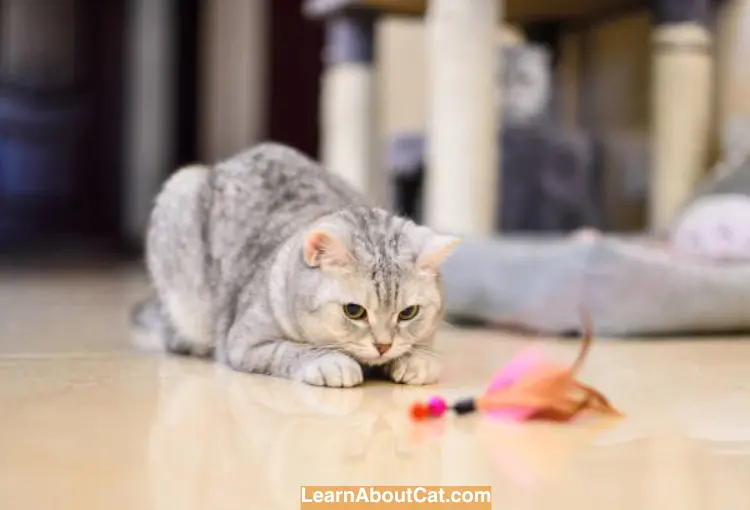
Cats are known as predators and when they’re out in the wilderness, they chase small creatures like birds and consume them entirely. The inherent impulse to consume feathers in felines likely stems from their predecessors’ wild-animal hunts.
Therefore, feathers naturally stimulate felines to respond and stimulate their intrinsic desire to prey, which is why cats enjoy them.
But, some artificial feathers that are used in handicrafts and arts contain dangerous compounds in their coloring. Feathers can be harsh, induce gastrointestinal problems, and are tough to absorb, therefore it’s terrible for them. The problem is that stopping a feline from nibbling on feathers may not always be possible. If you see them attempting to consume a feather, all you have to do is to try to discourage them.
A fascinating item that might be your feline’s favorite is a feather toy. Yet he can’t play on his own. You must give it life by animating it so that it flutters, dances, and jerks realistically. But make sure that you must place it away when playing is over to prevent her from chewing on and consuming a portion of the feather.
Why Do Cats Like Feathers?
Cats are attracted to feathers for various reasons. Firstly, feathers provide sensory stimulation. Their soft texture and delicate movements trigger a cat’s curiosity and engage their senses. Cats enjoy the tactile experience of batting, pawing, and grabbing feathers, providing both mental and physical stimulation.
Secondly, feathers resemble the appearance of birds, which are natural prey for cats. The feathers’ resemblance to real prey triggers a cat’s predatory instincts, allowing them to indulge in its natural hunting behavior. It provides an outlet for their pent-up energy and helps fulfill their innate desire to chase and catch prey.
Also Read: My Cat Ate a Dryer Sheet: What to Do Now
Why Do Cats Like Licking Feathers?
In order to get a sense of flavor for the prey when felines catch a feather in the wild, they try to lick it.
If your feline licks its feathered toys, don’t be alarmed; it’s normal behavior. Even though this is among the main reasons they ingest the feathers because they find it to be calming.
It is thought that felines who lick feathers are doing so since it appeals to their natural predatory drive. Their untamed ancestors frequently hunted pigeons for their meal while also biting and licking the feathers.
It is thought that licking the feathers isn’t a huge deal. Nevertheless, it is not the best habit if your cat is licking a feather toy. This is due to the possibility that these toys’ surfaces contain chemicals that preserve them and give colors to them.
Also, Find Out: My Cat Ate A Quarter: What to Do Now [Answered]
Is It OK for Cats to Chew on Feathers?
It is generally not recommended for cats to chew on feathers. Feathers can pose choking hazards if they break off or if a cat swallows them.
The beak and nails of birds are comprised of the same compound as reptilian skin and other similar substances. They’re not intended to be consumed, and doing this might result in negative effects.
Additionally, the sharp quills of feathers can potentially injure a cat’s mouth or throat. Chewing on feathers can lead to the ingestion of fragments, increasing the likelihood of hairballs and intestinal blockages.
Is It Safe for Cats to Play with Feathers?
Playing with feathers can be safe and enjoyable for cats if certain precautions are taken. When choosing feather toys for your cat, opt for those specifically designed for feline play, ensuring they are made from non-toxic materials.
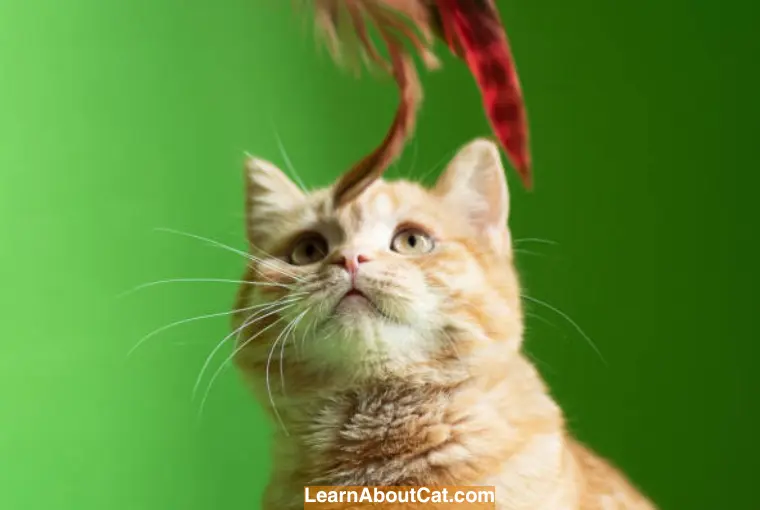
If your feline enjoys playing with feather toys, you must watch her closely to ensure her safety and prevent any feathers from the toy from accidentally falling into her mouth. Feathers typically break away quicker from cheap feather toys as compared to the superior ones. So, it’s advised to always bring a high-quality toy for your feline.
However, if you don’t keep an eye on your cat while playing with such feather toys, she might be hurt because the majority of commonly produced feather toys include artificial feathers, which may have been created with dangerous dyes or ingredients.
Moreover, if you own a bird-hunting cat and left him with a feather toy, he will be in trouble. Because a hunting cat always tries to eat feathers as they look like prey to them. As cats are inherently trained to handle prey along with feathers and hair, so it’s quite common for a hunting cat to swallow feathers while playing. Most of the feathers are removed or vomited out by the majority of felines.
Relevant Reading: My Cat Ate Insulation: What To Do Now
Can Cats Get Sick from Bird Feathers?
Yes, a feline can become sick by eating a feather but it depends on the type of feather they have ingested. As felines are natural predators, they can kill small birds and may swallow them along with their feathers. Cats frequently hunt on sick or disease-carrying birds, which can also harm cats.
Due to the outbreaks of bird diseases, cats might contract Salmonella by consuming ill birds’ feathers. Moreover, there are many chances that your cat may get songbird fever and everybody who comes into contact with them also faces a risk. Salmonella infections from Songbird Fever felines might persist for a long period after they have recovered.
Moreover, if your feline ingests a feather it will be chopped into 2 parts and stuck in its esophagus or gut and causing choking.
Although feathers are commonly found in cat toys, kittens should not play with these feathery presents. It is essential to ensure that the feathers your cat encounters are clean and free from any potential contaminants.
If your cat frequently hunts birds or plays with bird feathers, consider regular veterinary check-ups to monitor their health and address any concerns promptly.
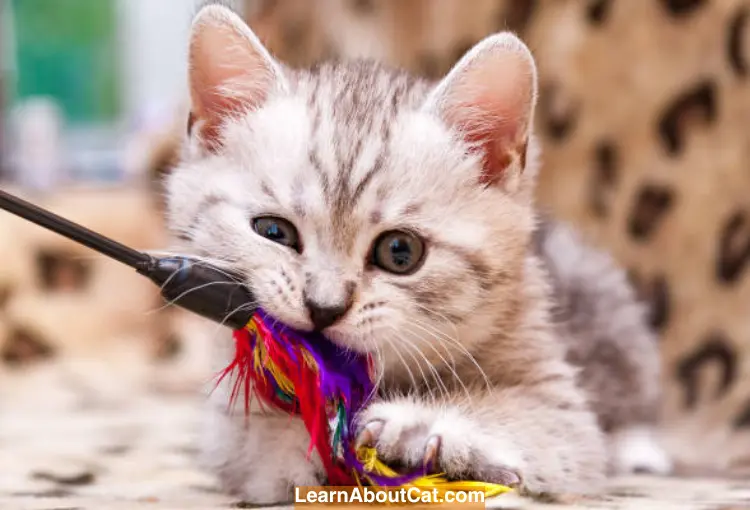
Other Common Household Items Cats May Ingest
Feathers are not the only household items that can catch a cat’s interest. Cats may also be tempted to ingest string, tinsel, small toys, or even houseplants. It is crucial to be aware of the potential dangers associated with these items.
Keep them safely stored away, and regularly inspect your home for any potential hazards. If you suspect that your cat has ingested a foreign object, consult with your veterinarian for guidance.
Frequently Asked Questions
Is it normal for cats to eat feathers?
It’s not uncommon for cats to be attracted to feathers due to their hunting instincts and the sensory stimulation they provide. However, it’s important to prevent feather ingestion to avoid potential health complications.
Can cats throw up bird feathers?
Yes, if a cat has consumed bird feathers, it is possible for them to vomit them back up. Vomiting is a natural mechanism through which cats expel indigestible materials from their stomachs, including feathers.
Do cats love feather toys?
Feather toys are popular amongst cats because resemble the motions of birds, which are felines’ natural predators. A cat’s predatory reflexes may be triggered by the glimpse of fluttering feathers, which may cause them to engage and jump. However, it’s important to remember that each cat is different and has distinct choices for toys. Feather toys can be absolutely fascinating to certain cats, but not to others.
Are feather toys safe for cats?
Cats may safely play with feather toys if they are handled carefully and under close supervision. There are certain potential risks, nevertheless, that should be considered. First off, the toy’s feathers could separate and end up in the cat’s stomach, causing digestive problems. Secondly, if the cat nibbles on the stick or thread holding the feathers and swallows any bits, that will induce choking or stomach obstructions. It is essential to choose feather toys specifically designed for cats, with securely attached feathers and non-toxic materials.
Final Verdict
Felines lick and nibble on feathers and they are able to occasionally ingest them due to their hunting instinct. The spike of a feather is sharp when split, which poses a risk of causing them to cut their mouths.
Feathers are created from a material that is too hard for cats to fully digest or break down, hence they cannot do so. They may experience some digestive system problems as a result of this.
Additionally, certain infections can be transmitted to cats through bird feathers. If your cat has consumed a feather, closely monitor their behavior and seek veterinary advice if any complications arise. Taking preventive measures, such as choosing safer toy alternatives and supervising playtime, can help ensure the well-being of your feline companion.
Who is Isabella?
My name is Isabella, and I am a dedicated and knowledgeable cat enthusiast. With years of experience caring for cats and a deep love for felines, I made a mission to help other cat lovers navigate the challenges of cat ownership.

